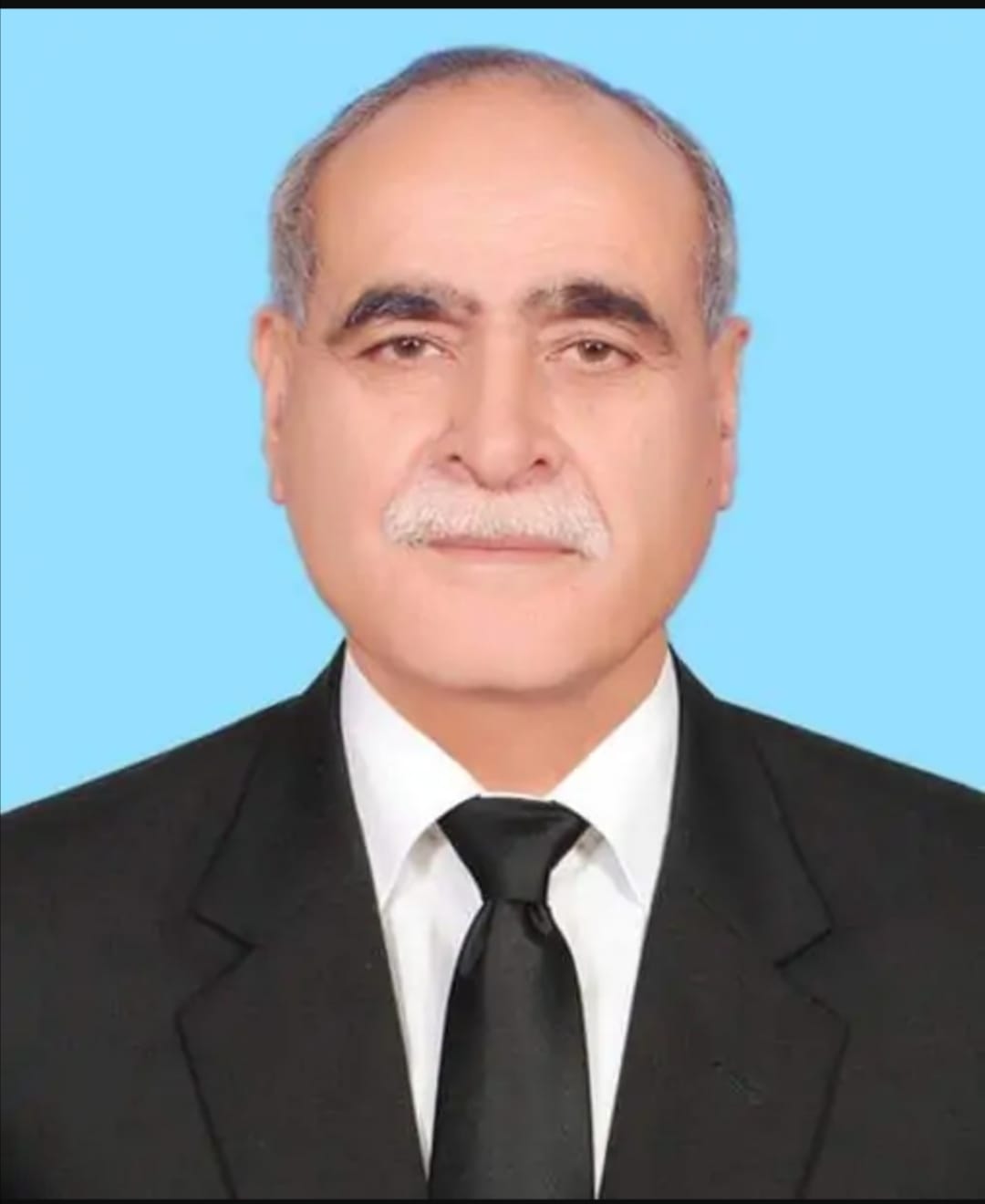Field Marshal Munir’s U.S. Visit Foretells a New Era in Bilateral Ties
Strategic Realignment Beyond History
For much of its history, Pakistan’s engagement with the United States has oscillated between transactional alliances and mutual skepticism. Whether during the Cold War or the war on terror, Islamabad was often perceived as a partner of convenience—responding to events rather than shaping them. Field Marshal Syed Asim Munir’s recent visit to Washington, however, signaled a break from that pattern. It embodied strategic foresight, institutional confidence, and above all, a recalibrated assertion of national autonomy.
A Triangular Axis of National Security
Field Marshal Munir was not alone in his mission. He was accompanied by Lieutenant General Muhammad Asim Malik, Pakistan’s recently appointed National Security Advisor and concurrently the Director General of Inter-Services Intelligence (ISI). This dual-role presence marked a profound evolution in Pakistan’s security architecture: a deliberate convergence of military leadership, intelligence coordination, and strategic policymaking under a unified national doctrine.
In a capital accustomed to fragmented Pakistani delegations, this cohesive representation surprised many in Washington. It conveyed a message of institutional alignment and strategic discipline—Pakistan is no longer divided in its voice or hesitant in its posture.
A Visit Driven by Initiative, Not Emergency
Unlike past high-level engagements often triggered by crises—border tensions, aid negotiations, or political instability—this visit was anchored in initiative rather than emergency. It wasn’t a plea for assistance, nor a reaction to turbulence. Instead, it reflected an assertive outreach aimed at redefining Pakistan’s place in a changing regional and global security order.
At the center of this newfound confidence lies a domestic achievement: Operation Bunyan al-Marsous—a meticulously executed military campaign targeting the remnants of terrorist infrastructure within Pakistan. Its success has not only improved internal security and public morale but also demonstrated the state’s unwavering resolve and capability to confront militancy on its own terms. For foreign observers, particularly in Washington, it reaffirmed that Pakistan’s counter-terrorism credentials are no longer contingent on external validation
Strategic Autonomy as a Policy Doctrine
In high-level consultations with American defense and security officials, Field Marshal Munir underscored a critical theme: strategic autonomy. No longer content with being viewed as a subordinate ally or a crisis-dependent actor, Pakistan is positioning itself as a sovereign stakeholder—open to constructive engagement but unwilling to operate under the shadow of conditional partnerships.
Key talking points during the visit included:
Rising regional threats, particularly the expanding intelligence cooperation between India and Israel, seen by Pakistan as a destabilizing force in South Asia.
The need for a recalibrated global counterterrorism framework, one that recognizes Pakistan as a partner in its own right—not as a suspect in perpetual need of monitoring.
Institutional defense cooperation, envisioned not as transactional or aid-based, but as long-term strategic collaboration between equals.
Reading the Regional Pulse: The India-Israel Nexus and Iranian Tensions
The timing of the visit was particularly critical, given the rapidly evolving regional dynamics. Just weeks earlier, Iranian-Israeli tensions had escalated with surgical strikes and proxy confrontations—some allegedly enabled by Indian intelligence support. What once appeared to be a Middle Eastern flashpoint now threatens to expand eastward, encroaching on South Asian stability.
Pakistan’s position was forthright: any trilateral intelligence coordination—formal or covert—among New Delhi, Tel Aviv, and Washington, if it undermines regional equilibrium or Pakistan’s nuclear deterrence, would compel Islamabad to respond with calculated firmness. This was not sabre-rattling—it was sober, strategic signaling.
The Pakistani delegation also urged Washington to re-evaluate its South Asia policy, especially in light of India’s growing militarization in Kashmir and beyond. There was a clear call for balance: American indulgence of Indian ambitions, they argued, has come at the cost of regional harmony and has emboldened unilateralism.
Institutional Depth Over Personality-Driven Diplomacy
Another defining feature of this visit was its institutional character. Gone were the optics of media-heavy diplomacy or personality-centric engagements. Instead, the focus was on sustained dialogue—between intelligence agencies, military planners, and policy think tanks.
This was a marked departure from the past, where such visits often served dual purposes: one abroad and another at home for political messaging. Field Marshal Munir’s approach was clinical and purpose-driven. The goal was not symbolic reassurance, but the construction of a long-term framework of defense and security dialogue, embedded in process rather than theatrics.
Preparing the Ground for Civilian Diplomacy
With the military leadership having redefined the tone of engagement, the baton now passes to Pakistan’s civilian leadership. Prime Minister Shahbaz Sharif and Foreign Minister Senator Ishaq Dar are expected to engage Washington on broader policy fronts—economy, trade, climate action, and digital governance.
The strategic groundwork laid by the military delegation opens space for a more balanced and multidimensional dialogue—one that situates Pakistan not merely as a regional player, but as a modern, reform-oriented state capable of contributing to global governance.
Kashmir: Strategic, Not Sentimental
Throughout the visit, the status of Jammu and Kashmir remained a focal point. Field Marshal Munir, both in private briefings and semi-public exchanges, reaffirmed Pakistan’s unwavering position: Kashmir is not a peripheral issue—it is central to sustainable peace in South Asia.
For Pakistan, this is not about nostalgia or historical grievance—it is a live, unresolved question of international law and human rights. Silence in the face of India’s unilateral revocation of Article 370, demographic engineering, and persistent repression, the delegation warned, is tantamount to complicity. And complicity breeds extremism, not stability.
Conclusion: From Spectator to Shaper
Field Marshal Syed Asim Munir’s visit was more than a diplomatic engagement—it was a statement of strategic maturity. It marked Pakistan’s transition from reactive diplomacy to proactive statecraft. No longer content with being a spectator in global affairs, Pakistan is beginning to assert itself as a shaper of its destiny—armed not just with military strength but with policy clarity.
With General Asim Malik lending intellectual depth and strategic coherence to the mission, the visit symbolized a unified civil-military narrative: one that seeks respect through readiness, relevance through reform, and recognition through responsibility.
For decades, others spoke for Pakistan. This time, it spoke for itself.




